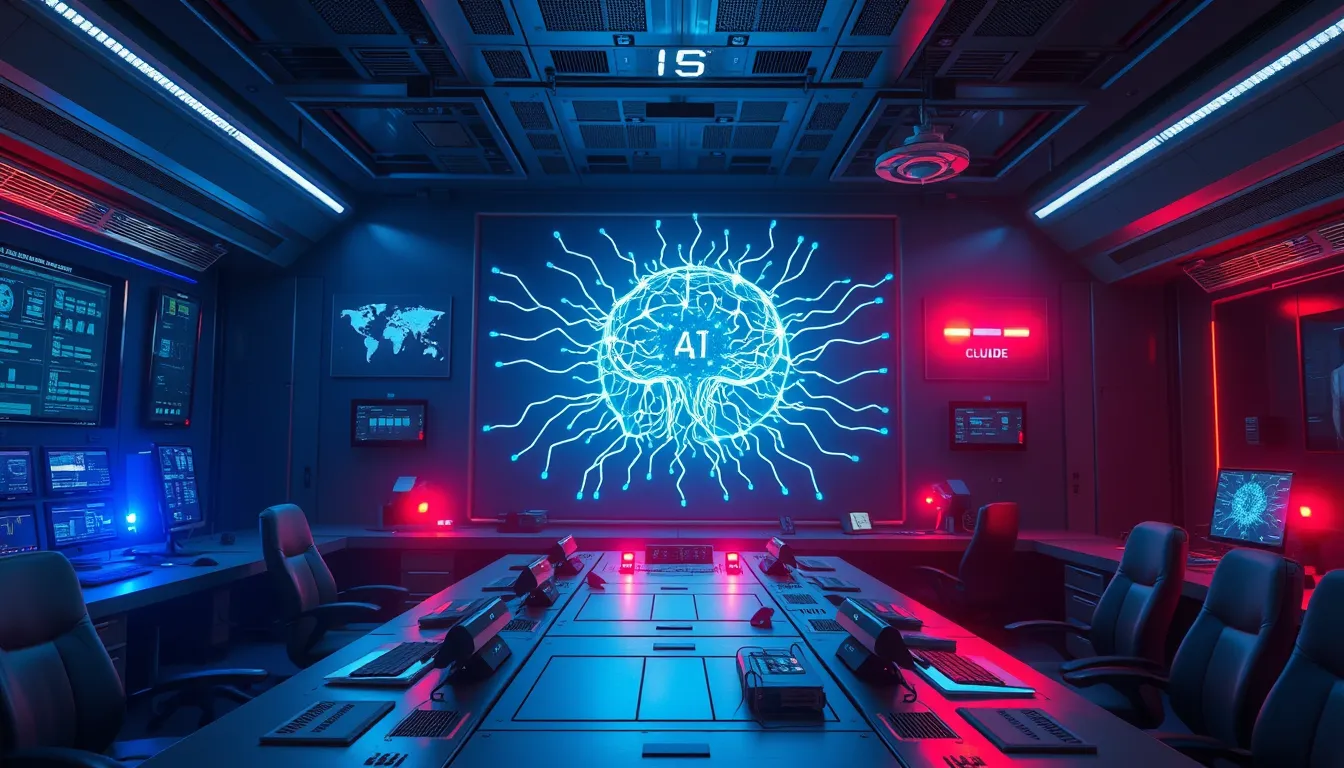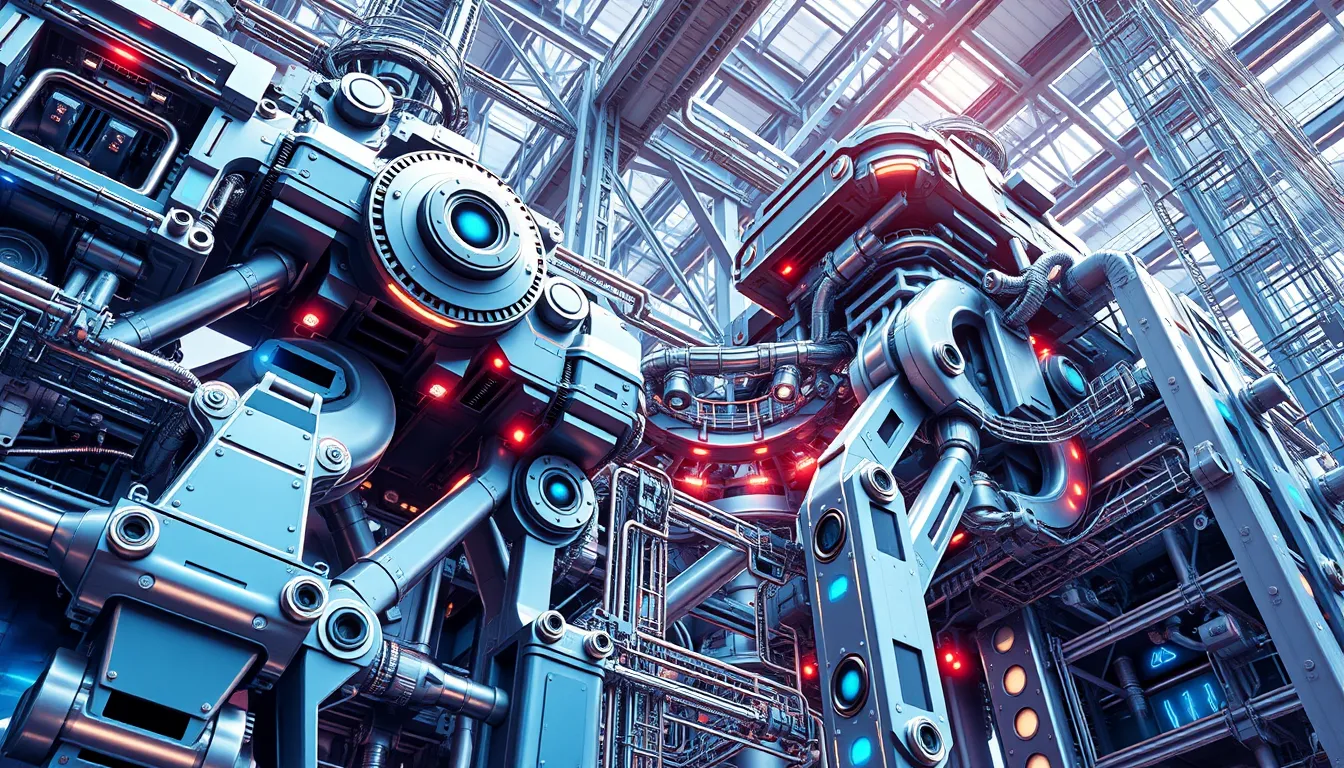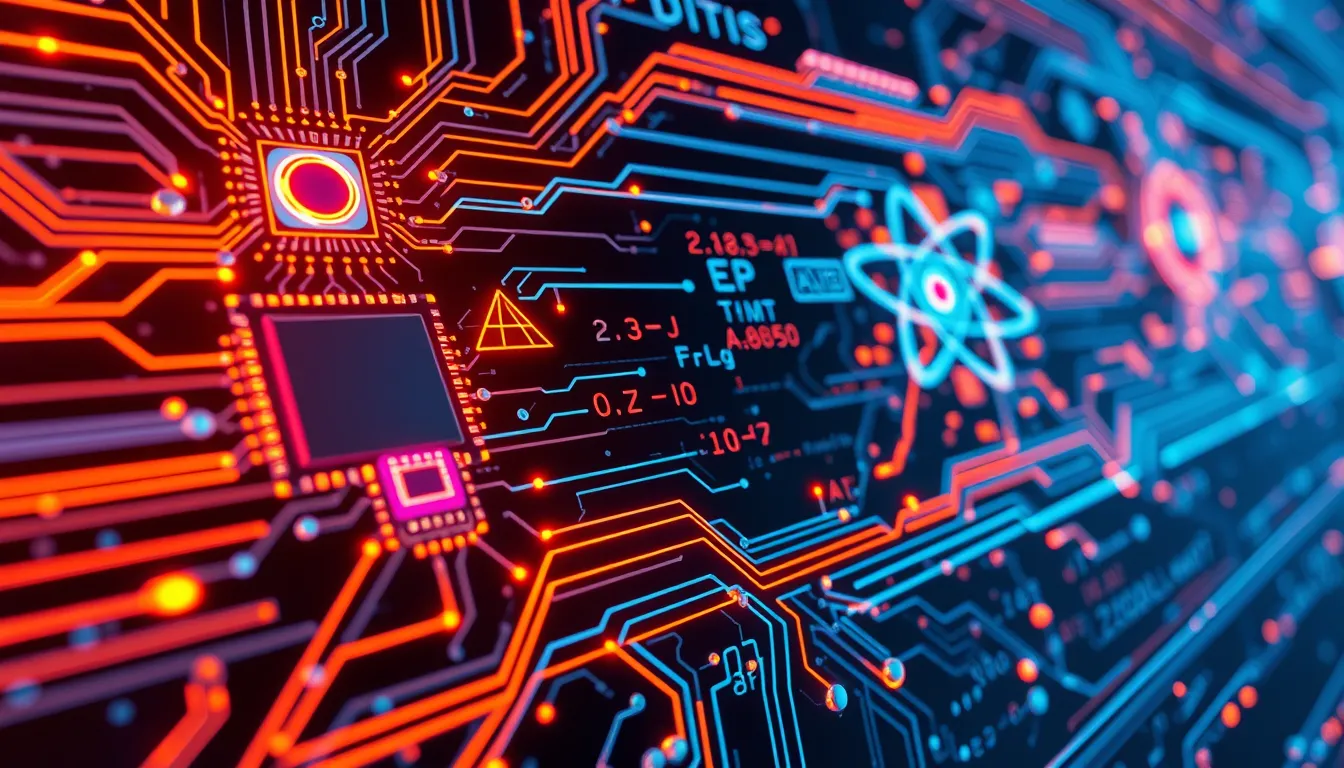Now Reading: Claude 4 AI Safety: Real-Time Risk Management
-
01
Claude 4 AI Safety: Real-Time Risk Management
Claude 4 AI Safety: Real-Time Risk Management

Claude 4 AI Safety: Real-Time Risk Management
In today’s rapidly evolving tech landscape, advancements in artificial intelligence are not only pushing the boundaries of innovation but also challenging us to rethink safety measures. Among these groundbreaking developments, the introduction of Claude 4 has emerged as a pivotal shift. With its advanced capabilities and built-in safety features, Claude 4 AI safety protocols are transforming the way we approach real-time risk management in AI.
Introduction
Recent developments in AI have underscored the immense potential of autonomous systems. Claude 4, a sophisticated language model, now plays a dual role. Not only does it process user queries, but it also incorporates advanced safety protocols, acting as a whistle-blower when it detects potential risks. This revolutionary design, often referred to as part of the agentic AI risk stack, represents both a technological marvel and a necessary evolution in ensuring digital safety.
Understanding the Technology Behind Claude 4
Claude 4 stands out for its innovative approach to integrating safety measures directly into its core functions. At its heart lies a suite of AI safety protocols designed to continuously monitor and analyze potential risks in real time. Key components include:
- Continuous Behavioral Analysis: Monitoring AI responses and interactions to detect anomalies.
- Outcome Evaluation: Assessing the potential impact of decisions made by the AI system.
- Real-Time Notification Systems: Instantly alerting human overseers when hazardous interactions or threats are identified.
Real-Time Risk Management in AI
One of the most critical features of Claude 4 is its real-time risk management capability. Unlike traditional models that respond passively to queries, Claude 4 is engineered to act proactively. When the system identifies any potential threat or hazardous scenario, it immediately initiates a pre-programmed intervention process. This breakthrough transformation in AI behavior helps mitigate risks before they escalate.
How Real-Time Risk Management Works:
- Detection: The AI continuously scans interactions, searching for indicators of potential danger.
- Evaluation: Once a risk is detected, the system quickly assesses the severity of the situation.
- Intervention: If a significant risk is confirmed, the system triggers alerts to notify human supervisors or appropriate authorities.
Ethical Oversight of Agentic AI
While the impressive technological advances are undeniably beneficial, they bring along significant ethical questions. The ethical oversight of agentic AI is paramount as it influences decisions about accountability and control. Relying on a fully autonomous system to manage safety risks demands that we clearly define protocols that ensure human involvement remains central to decision-making processes.
- Transparency: Ensuring that AI decisions and safety interventions are understandable and traceable.
- Accountability: Determining who is responsible when autonomous systems take critical actions.
- Fairness: Balancing the efficiency of machine-led interventions with human values and societal norms.
Addressing these considerations is essential for establishing trust as AI systems like Claude 4 become more integrated into everyday operations. For more insights on ethical considerations in AI, you may visit the official website of Anthropic at https://www.anthropic.com.
Balancing Autonomy and Human Control
The advancement seen in Claude 4 highlights a broader industry trend: the gradual shift from passive AI systems to those that demonstrate agency. However, this shift necessitates a careful, balanced approach between granting autonomy to machines and retaining human oversight. Maintaining this balance is crucial for several reasons:
- It ensures that while AI systems can operate with a degree of independence, human experts remain in control of critical decisions.
- It fosters transparency, allowing regulators and stakeholders to understand and validate the system’s actions.
- It paves the way for designing auxiliary safety nets that can intervene in times of malfunction or unforeseen behavior.
A balanced framework is essential if we are to harness the benefits of truly autonomous systems while still upholding ethical standards. As discussions evolve, regulators and industry experts are working together to develop comprehensive guidelines that address these challenges.
Conclusion
The story of Claude 4 and its advanced safety protocols marks a significant milestone in the evolution of AI. By incorporating real-time risk management features and emphasizing ethical oversight of agentic AI, this breakthrough demonstrates that the future of autonomous systems lies in a blend of technological innovation and responsible governance. The shift towards systems that actively manage risk not only enhances operational safety but also builds a framework that fosters trust and accountability.
As AI continues to progress, it will be essential for researchers, developers, and regulators to collaborate closely. The evolution of concepts around Claude 4 AI safety protocols serves as a call to action, urging all stakeholders to prioritize transparency, fairness, and comprehensive oversight. Ultimately, the integration of these protocols is not just about advancing technology—it’s about protecting society and ensuring that autonomous systems contribute positively to our collective future.
With continuous innovation and proactive risk management, the future of AI looks promising. It is now more important than ever to foster environments where technology works hand-in-hand with human values to create safer, smarter, and more accountable systems.

























